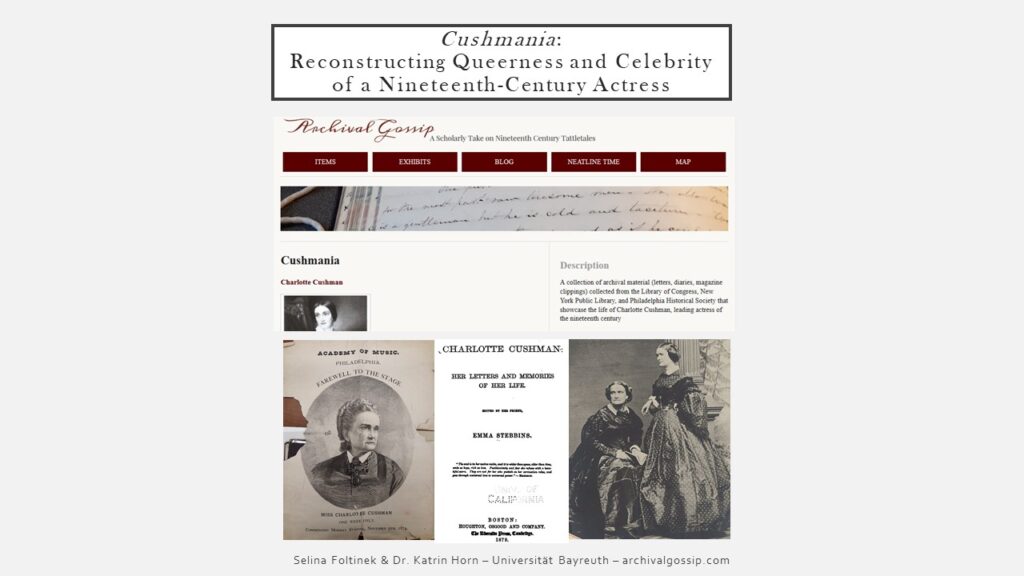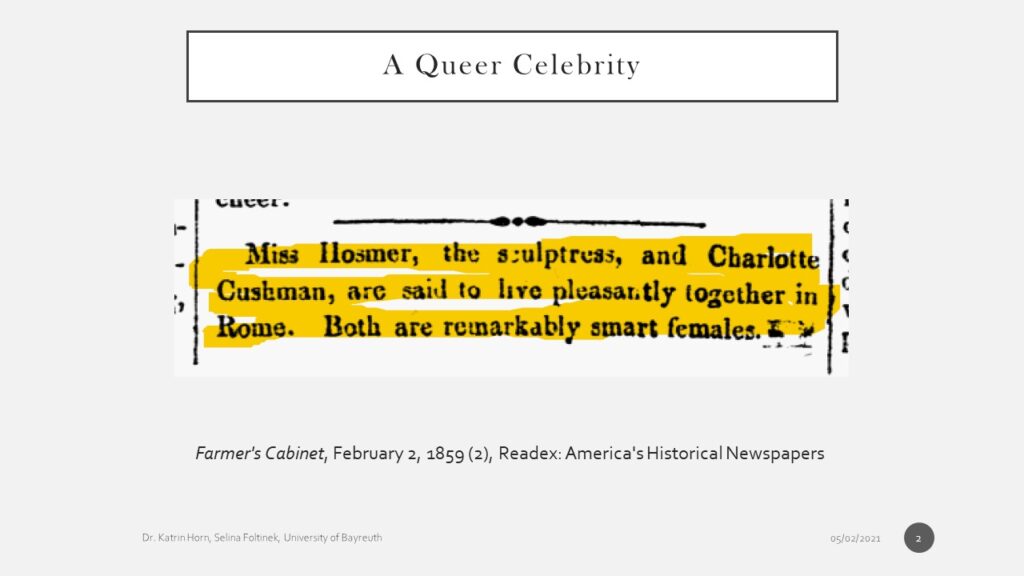Women and the Archives
Review: International Summer School in Mainz, Germany (October 2019, “Reflections on Code”)
#digitalhumanities: As a newbie to digital humanities
(or rather: DH, as I learned; DH is very much about abbreviations), I started
my week at the International Summer School at the Academy
of Sciences and Literature in Mainz on October 8, 2019. Two weeks earlier, I had already
been to a Dariah workshop @IEG in
Mainz, so Mainz really stood out to me as the place to be when it came to DH in
Germany. It hadn’t been easy to find practice-oriented opportunities for a new
DH fan. During my studies @FAU
in Erlangen, I had read a couple of theoretical articles about the digital humanities
and what they can do, how they change the field of literary studies, and how we
can combine research endeavors in the humanities with computer-based tools that
support them or even raise new questions altogether. During the two workshops,
and especially the ISS, I dived into some really fun tools such as Git,
Animexgeo, Neo4j, app.rawgraph.io, … and many more.
Several presenters guided us through a wide range of
immensely fascinating topics and recent issues of DH and its tools. The one I
would like to discuss in more detail is Martin Prell’s talk about ‘Historical sources of women in the
Digital Humanities – overview and automated text analysis.’ Why this topic?
Well, first of all, for someone only recently exposed to DH practices, it was a
presentation that I could easily follow. Also, the idea of raising gender as a
category and drawing attention to women in the archives resonated with me and
the project that Katrin and I are working on. Specializing in NLP (Natural
Language Processing – remember, the abbreviations, very important), Martin
Prell analyzes letters of pietist Erdmuthe Benigna using a range of DH tools. Additionally,
he critically examined gender issues in the digital humanities. Referencing
Mark Hall’s talk @DHd2019, Prell observed that “DH is the Study of dead Dudes.” Women are not the
major center of attention when it comes to research on archival material and
they are hardly mentioned in DH projects presented at Dhd conferences. Women
are thus marginalized and erased in public discourse, an ongoing process that
is reinforced by the digital humanities. Even if DH researchers may not
actively focus on male subjects, DH projects work with texts that are already
available in a digital format. Women’s archival material may not be as
accessible. Restrictions of access can have many reasons, such as:
- women’s
documents were not preserved in the archives due to gendered notions of what is
worth being archived
- documents
are often not available in digital form or
- researchers
cannot find them in an online search as women’s archival material may be stored
together with the items of their husbands.
The result is a cognitive bias. DH projects usually start with data that is already digitized. Hence, DH projects study mostly male subjects.
Read more

